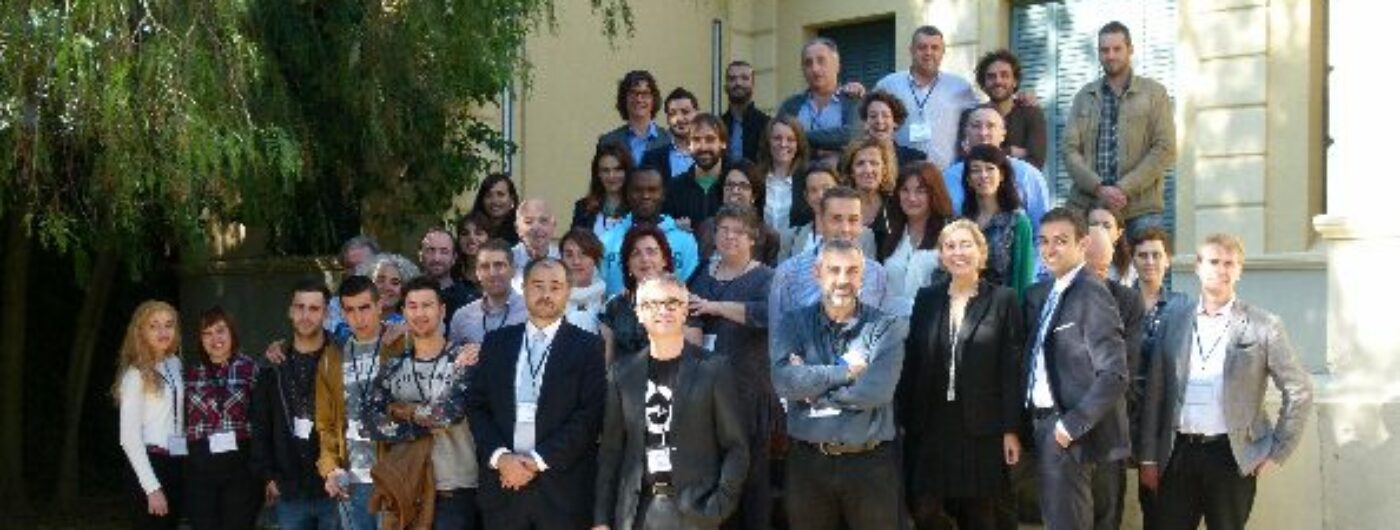
The UfM Secretariat and OCEMO promote youth employability through a network of “Second Chance Schools” in Spain
Barcelona, 11 November 2015. Organised with the support of the Secretariat of the Union for the Mediterranean (UfM) and the Office of Economic Cooperation for the Mediterranean and Middle East (OCEMO), the first meeting of the Second Chance Schools of Spain (E2O) (Escuelas de la Segunda Oportunidad) held today in Barcelona aimed to develop a Spanish network of entities for the social and professional integration of young people who are currently excluded from the labour market, namely students who have dropped out of school.
The objective of the network is to consolidate a common model of E2O, fostering its development and sustainability and assuring recognition at national level while strengthening cooperation with other entities from the Euro-Mediterranean region.
Participants included various representatives from national and local authorities and the private sector along with members and beneficiaries from numerous Spanish entities with an interest in this field including Fundación Adsis, Fundació el Llindar, Fundación Proyecto Don Bosco, Fundación Federico Ozanam, Peñascal Kooperatiba and Fundación Tomillo.
The teaching model of the Second Chance Schools, presented in 1995 in the European Commission’s White Paper “Teaching and Learning: Towards the Learning Society”, is based on three main ideas: innovative training to reinforce soft skills, support in social aspects and internships in partner companies.
The concept is nowadays well established in Europe with over 50 schools registered in the European association that apply the same principles. In France a similar network, founded in 2004, composed of 42 schools has succeeded in significantly increasing the number of young beneficiaries to 14,000 in 2014 with a 60% success rate.
A multilateral agreement and a charter of principles were signed earlier today by the participating Spanish entities. A clear roadmap envisaging integration into the Mediterranean New Chance Network (MedNC) project was also drawn up.
Labelled by the UfM in December 2014 and promoted by the OCEMO in partnership with the E2C of Marseille and the AFD, the MedNC project is based on the regional exchange of know-how and good practices among accredited entities helping both young people who dropped out of school without obtaining a diploma and also unemployed graduates to find a job. The project, which comes under the Youth Employability & Inclusive Growth strategy of the UfM Secretariat, is currently being implemented in Morocco, Algeria and Tunisia and is expected to expand to other Euro-Mediterranean countries such as Spain where youth unemployment rates exceed 50%.

